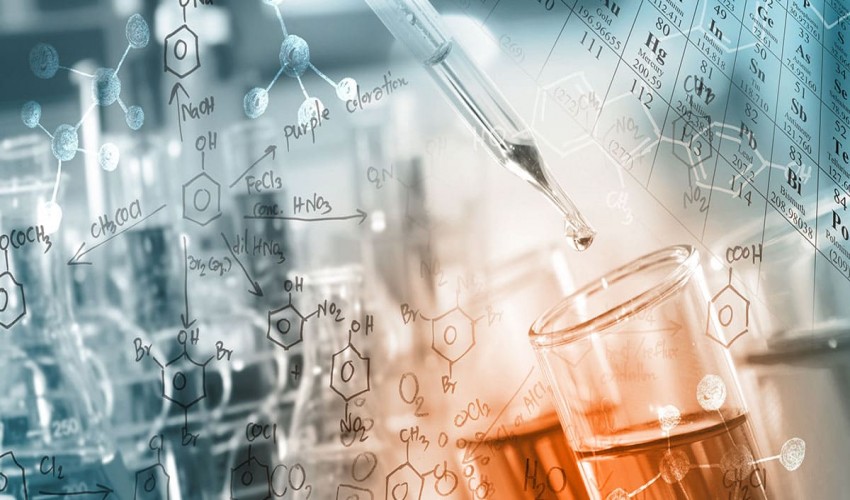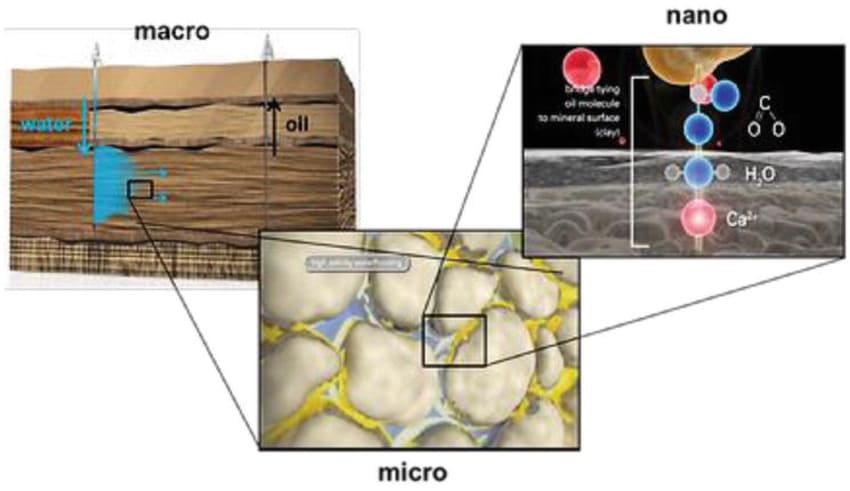
Applied Chemistry
Chemistry is the scientific discipline involved with elements and compounds composed of atoms, molecules and ions: their composition, structure, properties, behavior and the changes they undergo during a reaction with other substances.
In the scope of its subject, chemistry occupies an intermediate position between physics and biology. It is sometimes called the central science because it provides a foundation for understanding both basic and applied scientific disciplines at a fundamental level. For example, chemistry explains aspects of plant chemistry (botany), the formation of igneous rocks (geology), how atmospheric ozone is formed and how environmental pollutants are degraded (ecology), the properties of the soil on the moon (astrophysics), how medications work (pharmacology), and how to collect DNA evidence at a crime scene (forensics).
Chemistry addresses topics such as how atoms and molecules
interact via chemical bonds to form new chemical compounds. There are four
types of chemical bonds: covalent bonds, in which compounds share one or more
electron(s); ionic bonds, in which a compound donates one or more electrons to
another compound to produce ions (cations and anions); hydrogen bonds; and Van
der Waals force bonds.
- General Chemistry
- Volumetric Analysis
- Industrial Chemistry
- Inorganic qualitative Analysis and Preparation
- Water treatment and Analysis
- Medicinal Chemistry
- Food Chemistry and Nutrition
- Chemistry in Every Day Life
- Organic Chemistry
- Physical Chemistry
- Organic Qualitative Analysis and Preparation and Industrial Chemistry
- Dairy Chemistry
- Agriculture and Leather Chemistry
- Analytical chemistry
- Food chemistry
- Environmental chemistry
- Geochemistry
- Forensic chemistry
- Biochemistry
- Inorganic chemistry
Recent Published
Submit Manuscript
To give your manuscript the best chance of publication, follow these policies and formatting guidelines.


